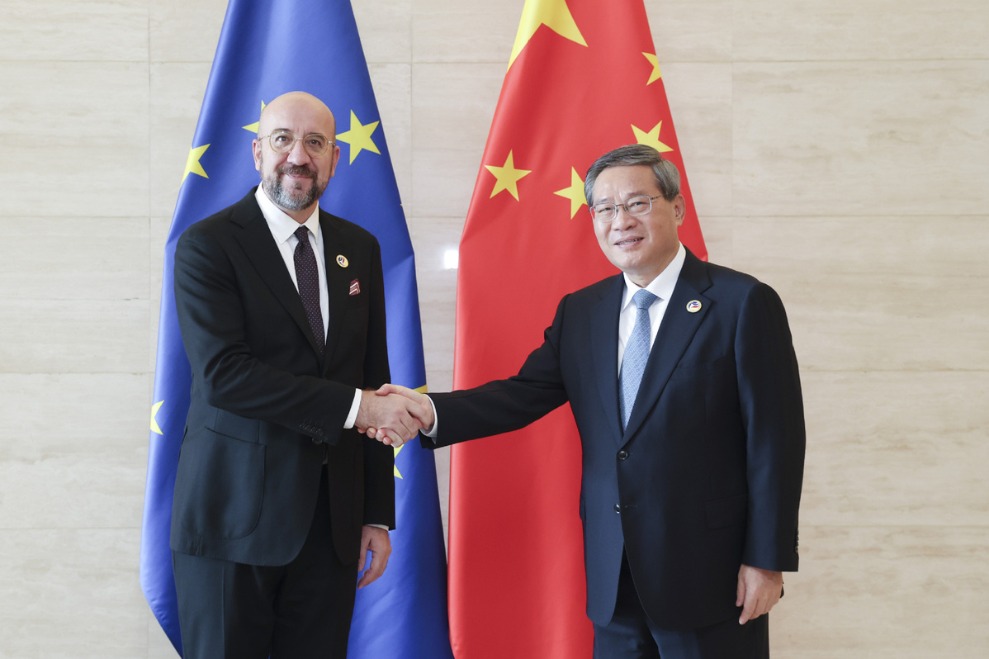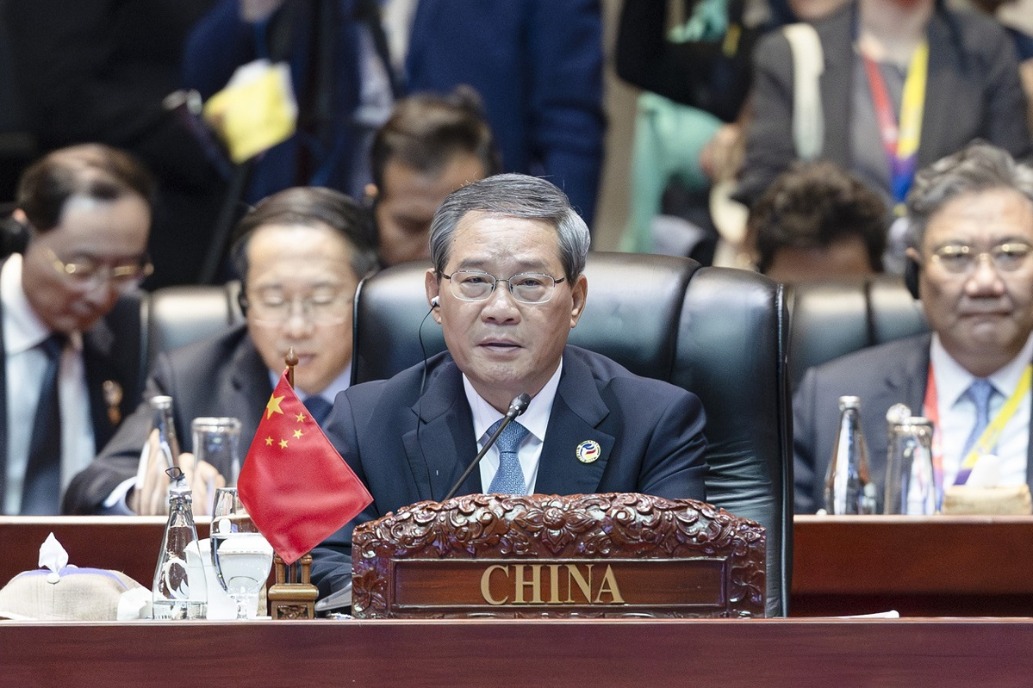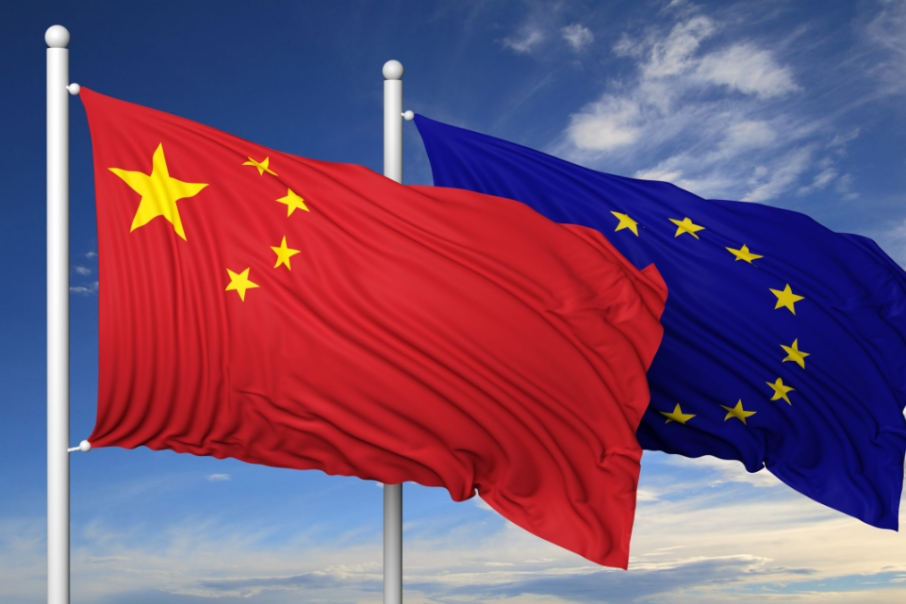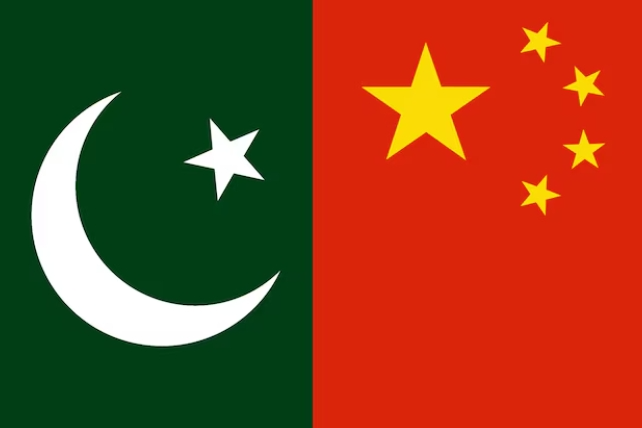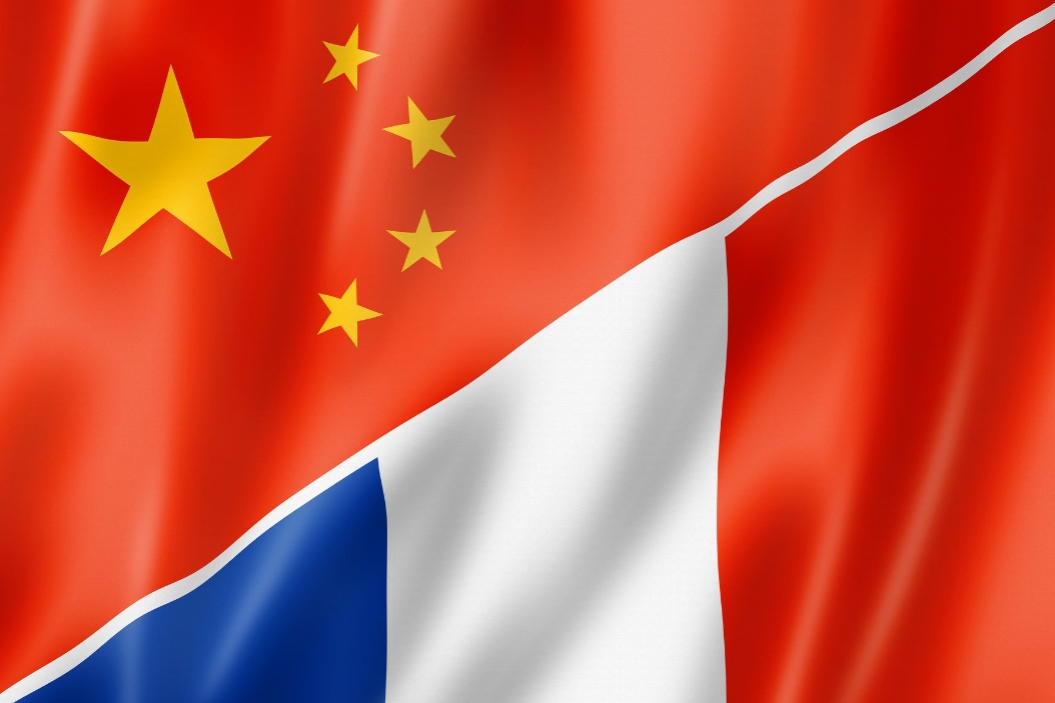Global Security Initiative delivers on promises


On April 21 last year, President Xi Jinping proposed the Global Security Initiative, whose four pillars are common, comprehensive, coordinated and sustainable security, at the Boao Forum for Asia.
The main characteristic that makes the initiative different from others is that it looks at security in the light of human development, not weapons, conflict or hegemonic aspirations. It negates the mentality of alliance building or "my security first" and sees cooperation as a basic tool to construct a community with a shared future. Thus, we need to build on cooperation to deliver a prosperous and peaceful world to future generations.
Since the launch of the Global Security Initiative, China under the leadership of President Xi has been working tirelessly to deliver on the vision. China has taken multiple steps, which shows that it is serious about global peace and sustainable development. It started the campaign to secure world peace by adhering to the principles of dialogue and development, and by keeping common interests at the heart of all actions. It has adopted the tools of comprehensive and coordinated philosophy to ensure transparency and win-win outcomes.
First, China initiated the campaign to make development accessible to everyone, which is a fundamental requirement to build a peaceful society. President Xi has urged everyone to become part of global development and work for common prosperity.
Simultaneously, China is strengthening bilateral cooperation for economic growth and development. It is helping Africa, Asia and Latin America to realize the dream of development and is investing to create decent livelihoods.
However, it is pertinent to mention that China is extending economic cooperation without attaching any strings of governance, human rights or so-called democracy. It also respects the social and development models of host countries.
Second, President Xi traveled to Saudi Arabia to attend summit meetings with Arab League and Gulf Cooperation Council countries, in addition to bilateral meetings with the Saudi leadership. China offered to enhance multifaceted cooperation based on the formula of win-win cooperation, and Arab countries warmly welcomed Xi's proposals.
Third, China is putting efforts into resolving conflicts and disputes peacefully, with the Saudi-Iranian agreement to resume diplomatic ties among the success stories. It is an excellent demonstration of the philosophy of the Global Security Initiative, by which China encourages dialogue and supports the process by extending development cooperation. It is expected that Iran and Saudi Arabia will devise a formula for peaceful coexistence, which can help to pursue the dream of peace and prosperity for their people.
Moreover, Arab states' relations with Syria are warming, while Turkiye and Egypt have reopened high-level visits.
Fourth, China is applying a similar formula to resolve the Russia-Ukraine conflict. China's 12-point peace position is a comprehensive proposal that covers all important areas. It asks both parties to respect each other's security needs and work for the betterment of people's lives. It also emphasizes building a security framework that is representative of the needs of all concerned parties.
Fifth, China truly supports lasting security and peace in Afghanistan, pushing for multilateral coordination, reconstruction and humanitarian assistance while countering terrorism. Its 11-point position paper released on April 12 could usher in a new chapter of governance and growth for the war-torn country.
Practical and successful approaches have also been followed with ASEAN nations that have marine disputes.
It can be seen that the Global Security Initiative is delivering on the promises of common, comprehensive, coordinated and sustainable security, which is a good omen for the currently fractured global system.
Therefore, the world is pinning high hopes on the initiative and expects that it will pave the way for sustainable peace and development and contribute to realizing the dream of a shared future for mankind.
The author, a political economist, is CEO of the Asian Institute of Eco-civilization Research and Development in Pakistan, and author of Understanding China for Future Cooperation.

















